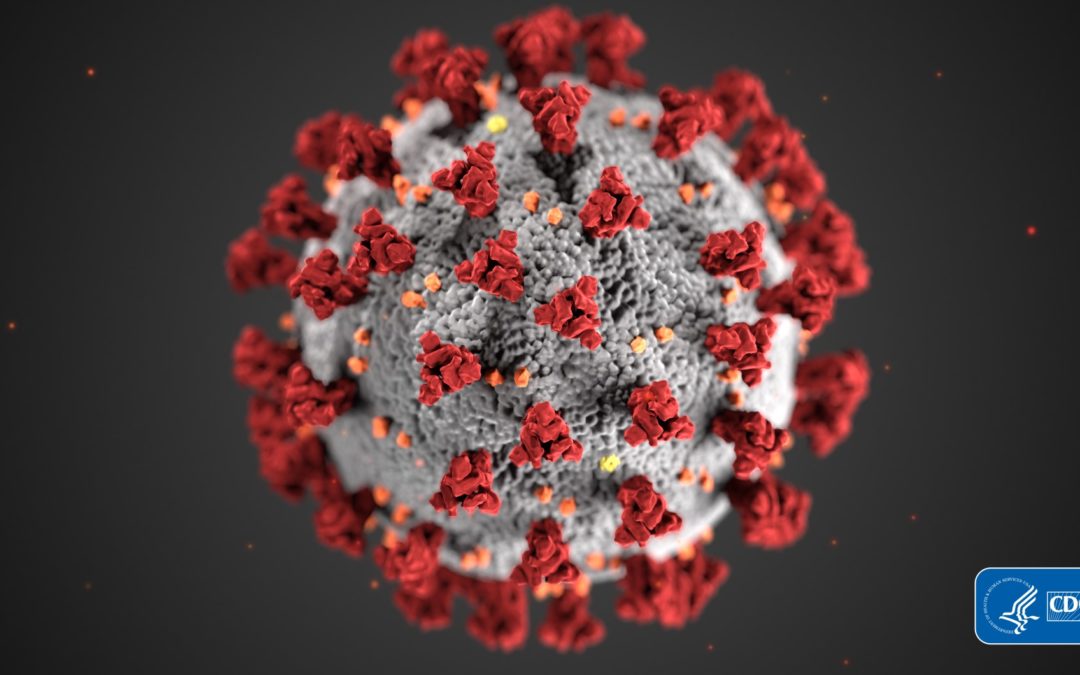You’re probably seeing a lot of information about preparing for COVID-19, the new Coronavirus causing illness in many countries around the world, including the United States. What does that mean for pet owners?
While the virus is thought to have emerged from an animal source, at this time there is no evidence of any companion animals getting sick from, or spreading, COVID-19. Because COVID-19 is a new virus, more studies are needed to better understand how different animals could be affected. However, there are a few plans and precautions that pet owners should be taking in case your routine is interrupted by COVID-19.
Like thorough hand-washing, these tips are best-practices for pet owners at any time, since all types of emergencies can arise that affect your pet’s care without warning.
Identify backup pet care
If you were too sick to care for your pet, or if you had to go to the hospital, who would take care of them? It is always best to have a plan in place. Identify a family member or friend who can care for your pet in case of any type of emergency.
Make sure that this person has written instructions for your pet’s food, medicine, and routine, and possibly a key to your home as well.
Have pet supplies ready to pack
If backup pet care is needed at a moment’s notice, you’ll want to have crates, leashes, and food ready to go without hunting through that supply closet or garage. Have your crates, extra food, and supplies in an accessible place.
If you have a cat, it is a good idea to have an extra unused litter box on hand that you can send with your cat if they need to stay with a friend.
Have some extra supplies
If you get sick, you should avoid going out to public places like the grocery store or the pet supply store. It is a good idea to have some extra pet food, treats, and cat litter stored up at home in case there are times you can’t get to the store.
Ensure that your pet’s vaccinations are up to date
In the event that you need to board your pet at a boarding facility, you will need to have their vaccines up-to-date. If your backup pet caregiver also has pets of their own, this will be important as well. You should always keep your pets up-to-date on vaccines, so now is a good time to check their vaccine due-dates.
Microchips and ID tags
It is always important to have your pets micro-chipped and wearing ID tags on their collars. In times of chaos and change in routine – like having to go to a friend’s house while you’re sick – the risk of a pet running away or getting lost may be increased. Take this opportunity to make sure your pets have microchips and ID tags, and that the contact information on them is accurate.
Add “before and after touching pets” to your hand-washing routine
Even though pets have not been known to spread or become sick from COVID-19, it is always a good idea to wash your hands before and after touching animals. There are many other diseases that can spread between pets and humans. If you or your pet are sick, hand washing becomes especially important.
Remember that even if you are sick with a virus that pets can’t get, you could be touching a pet’s fur, collar, or food bowl that your family members will touch after you. If you are sick, it is always best to have someone else caring for your pets.
Take precautions to keep yourself – and the community – safe
- Wash your hands often with soap and water. When washing, scrub your hands for at least 20 seconds. If soap and water are not available, use an alcohol-based hand sanitizer with at least 60% alcohol.
- Avoid touching your face with unwashed hands.
- Avoid close contact with people who are sick.
- Stay home when you are sick or have a fever. If you have a dog training appointment, volunteer session, adoption, scheduled visit, or other commitment at Paws4ever, please give us a call and reschedule if you are sick.
- Cover your cough or sneeze with a tissue, then throw the tissue in the trash. If you don’t have a tissue available, cough or sneeze into your elbow.
- Regularly clean and disinfect frequently touched objects and surfaces. This includes doorknobs, phones, keys, counter tops, sink faucet handles, bathrooms, and clothes.
For more information about COVID-19, please read this FAQ from the CDC.
At this time, Paws4ever is operating as normal. We will continue to monitor the situation and adjust operations as appropriate to maintain the health of our community while also continuing to provide a high level of care to the animals in our facility.

